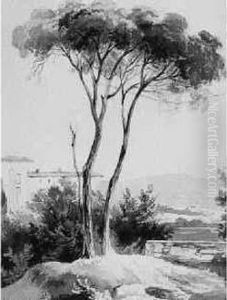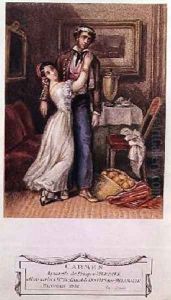Prosper Merimee Paintings
Prosper Mérimée was a French writer, historian, and archaeologist, known for his short stories, which were precursors to the genre of the novella in French literature. Born on September 28, 1803, in Paris, France, Mérimée was educated in law and languages, becoming proficient in Russian, English, and Spanish, among others. His early works were primarily texts in the Romantic style, but his later writings exhibited a more classical tone, reflecting his interest in history and foreign cultures.
Mérimée's career was diverse and included a period as a civil servant. He worked for the French government, which ultimately led to his role as Inspector-General of Historical Monuments in 1834. In this capacity, Mérimée was instrumental in the preservation of many French historical sites, including the restoration of the medieval basilica of Vézelay and the Romanesque sculpture of the abbey church of Saint-Savin-sur-Gartempe.
As a writer, Mérimée is best known for his novella 'Carmen,' which was published in 1845 and later adapted into the famous opera by Georges Bizet. His literary works often feature exotic settings and are marked by clear, precise prose and a deep psychological insight. Other notable works include 'Mateo Falcone' (1829), 'The Venus of Ille' (1837), and 'Colomba' (1840).
In addition to his literary and civil service contributions, Mérimée was also involved in politics. He held a senatorial position under Napoleon III, which he maintained until his death. Mérimée's interest in different cultures is also evident in his various travels throughout Europe, which further influenced his writing.
Prosper Mérimée died on September 23, 1870, in Cannes, France. His legacy as a significant figure in the French literary canon endures, and he remains studied for his contributions to French literature, particularly the novella form, as well as his efforts in the preservation of French cultural heritage.
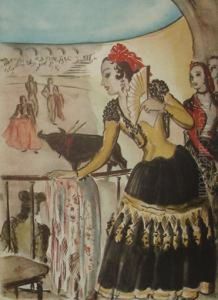
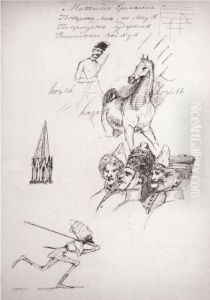
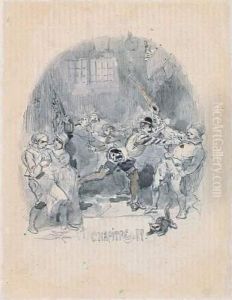
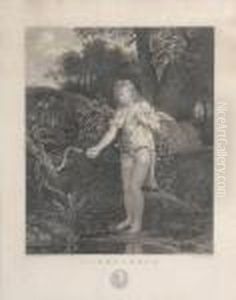
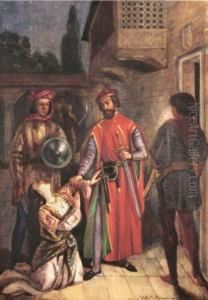
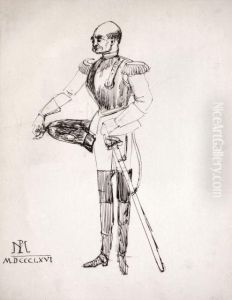
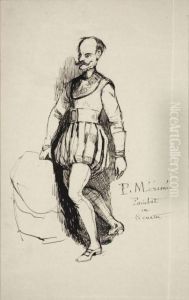
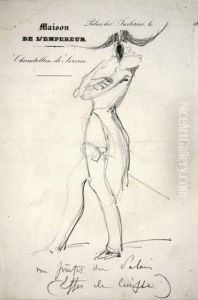


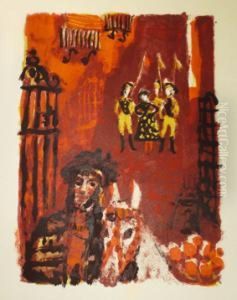

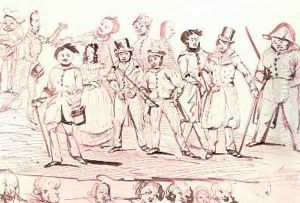
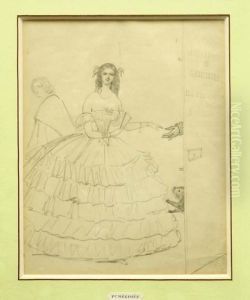
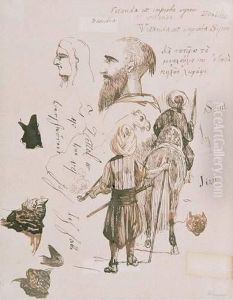

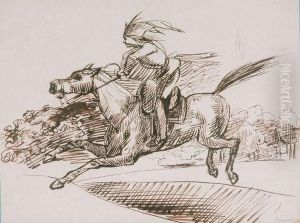
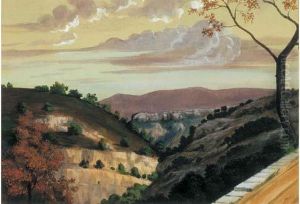
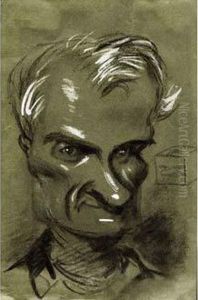
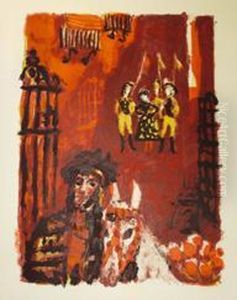
![Aquarelle Originale, [venise Aout 1858] ; 14 X 14 Cm.](https://www.niceartgallery.com/imgs/1479517/s/prosper-merimee-aquarelle-originale-venise-aout-1858-14-x-14-cm-ac97a14d.jpg)
